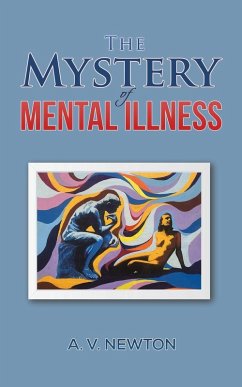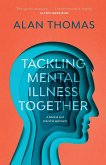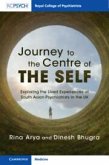Most people are interested in their roots, often being highly gratified if their personal ancestry can be traced back to some notable historical character. Roots, however, go a lot further back than the written records about people and are implicated in the puzzle of our origin: why are we such symbolically proficient biological creatures that have distanced ourselves so far away from the rest of the animal kingdom? One solution is the magical one, that we arrived at the behest of an omnipotent being 6,000 years ago, fully formed and frolicking with the dinosaurs, as did the rest of our fellow creatures. For those who think the magical solution is a trifle simplistic there is the real problem that the human brain reached modern size around 250,000 years ago - but our lifestyle was still exceedingly primitive. Our most notable talents are therefore less than 150,000 years old and arrived, frequently tinged with serious flaws now termed, collectively, as the mental illnesses. Cover painting: The Thinker and the Thought by A. V. Newton.
Hinweis: Dieser Artikel kann nur an eine deutsche Lieferadresse ausgeliefert werden.
Hinweis: Dieser Artikel kann nur an eine deutsche Lieferadresse ausgeliefert werden.








